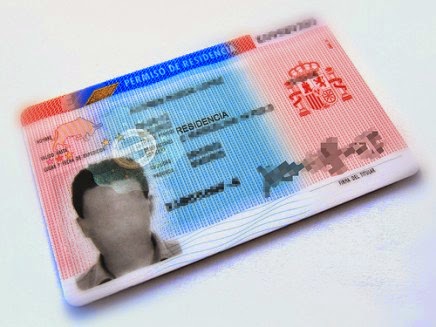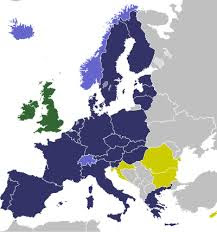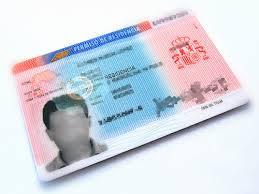It is understood that one´s nationality is a ¨legal bond¨ between him and his country allowing him to enjoy the rights of all fellow citizens as well as fulfil a series of obligations and duties. Nationality encompasses two major things: the fundamental rights of citizens and their legal status.
Nationality is the highest level of integration that an individual may have in a national community; it offers more than a residence and work authorization.
In this sense, nationality plays an important role because it offers foreigner citizens diplomatic protection overseas. All state nationals are entitled to protection and guidance from their country´s diplomatic agencies while abroad.
Article 15 of The Universal Declaration of Human Rights establishes the following:
- Everyone has the right to a nationality
- No one shall be arbitrarily deprived of his nationality nor denied the right to change his nationality.
One may acquire Spanish nationality in the following ways:
- 1.) Residency in Spain: by legally and continuously residing in Spain just prior to requesting nationality. This period of ten years is reduced in the following scenarios:
a.) Five years: for those individuals who have been granted refugee status.
b.) Two years: for this originating from Ibero-American countries, Andorra, the Philippines, Equatorial Guinea, Portugal and those of Sephardic origin.
c.) One year: for those born on Spanish territory, those who did not exercise their right to obtain Spanish nationality by choice, those under legal guardianship of a Spanish citizen or institution for two conesecutive years, those who have been married for two years to a Spanish citizen at the time of application and who have not been legally separated, the widow or widower of a Spaniard if at the time of death the couple was not legally separated, those born outside of Spain to a Spanish mother or father (also born outside of Spain), or those who have a grandfather or grandmother originally of Spanish descent.
- 2.) Possession of family status: those who have possessed and used their Spanish nationality for ten consecutive years in good faith and who are registered in the Spanish Civil Registry.
- 3.) By choice: those who are under the parental authority of a Spaniard or whose mother or father is Spanish and born on Spanish territory.
- 4.) By certificate of naturalization: granted by the Government by Royal Decree.
- 5.) Be of Spanish Origin: those born from a Spanish mother or father or those born in Spain with at least one parent born in Spain.
Translated by: Katherine Pascal

































